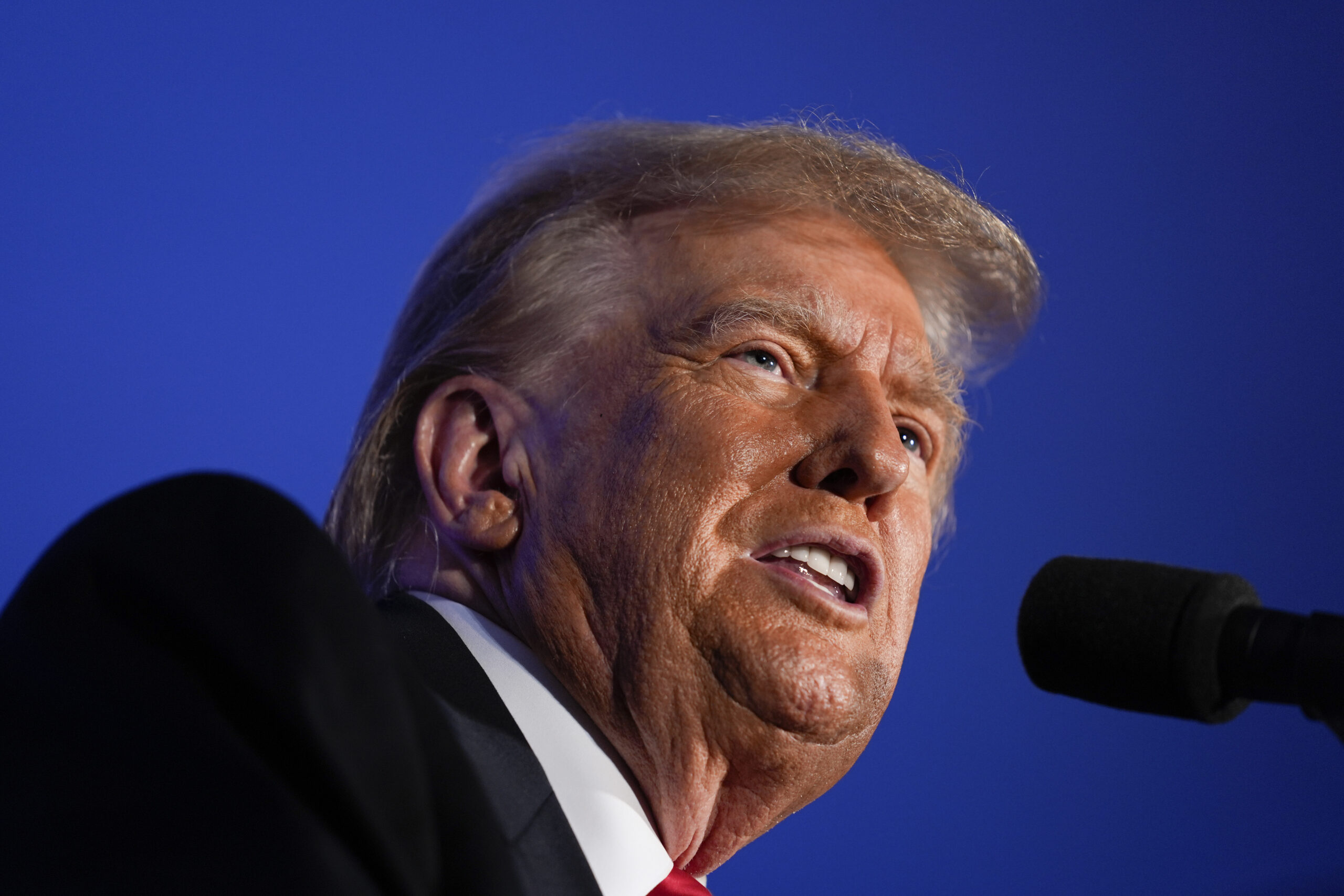NYC Bar Association urges Supreme Court for prompt decision on Trump’s eligibility for presidency

Photo: Matt Rourke/AP
The New York City Bar Association announced on Thursday that it has filed an amicus brief with the Supreme Court, calling for a swift decision on former President Donald Trump’s eligibility to be on the ballot for the presidency.
This move comes in the wake of the Colorado Supreme Court’s finding that Trump is ineligible under Section 3 of the 14th Amendment, a clause that addresses the qualifications for office of those who have taken part in insurrection or rebellion against the U.S.
“The City Bar submits this brief as amicus curiae because it believes the constitutional issues before the court should be decided in a manner and on a schedule that permits voters throughout the nation to cast informed ballots with a uniform understanding of who the eligible candidates are for the presidency,” said the brief, which was filed “in support of neither party.”